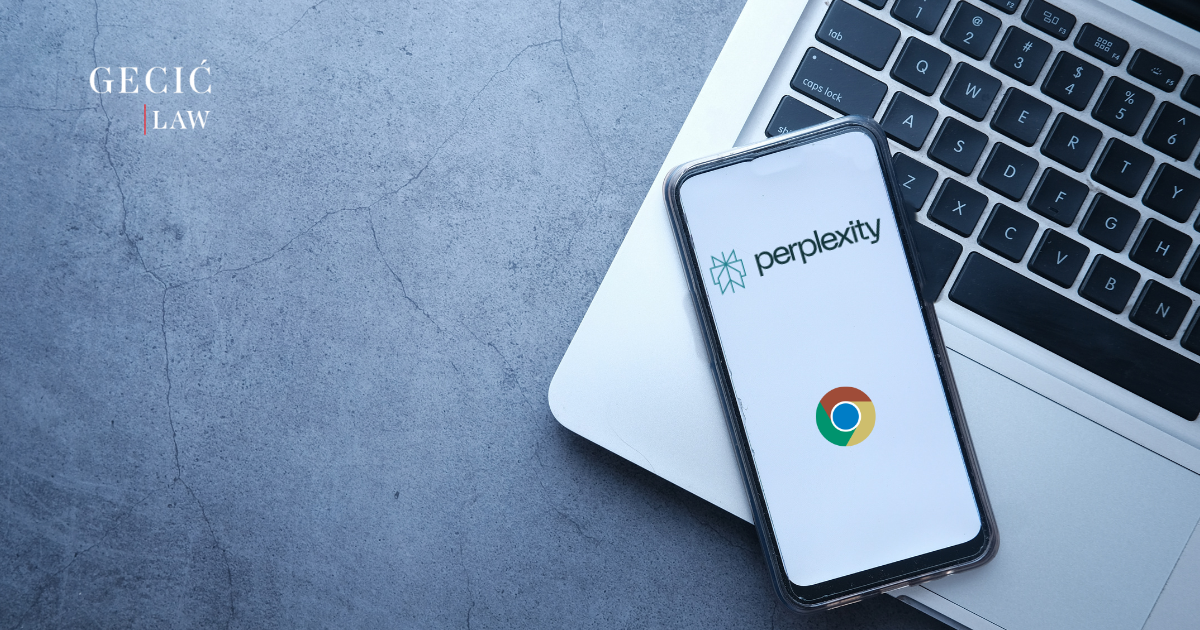

On August 12, 2025, Perplexity AI jolted Silicon Valley with a bold announcement: a $34.5 billion all-cash offer to acquire Google Chrome. This was no ordinary business move – it comes at a moment when Google is embroiled in one of the most significant antitrust battles in U.S. history. Perplexity, a key artificial intelligence player, valued at around $18 billion, has proposed paying almost twice its worth to acquire one of the most widely used browsers in the world.
The bid is not just about technology. It is a calculated move designed to capitalize on mounting legal pressure that threatens to break Google apart. The timing is exquisite. Perplexity has stepped into the arena just as the US court system is considering far-reaching remedies.
The origins of this drama date back to August 5, 2024, when Judge Amit Mehta ruled in the landmark U.S. v. Google LLC case that Google holds an illegal monopoly over general search services and search advertising. This decision marked a seismic shift in modern U.S. antitrust enforcement. For decades, regulators have struggled to effectively deal with the scale and influence of tech giants.
Following the judgment, the U.S. Department of Justice and a coalition of U.S. states began the process of designing remedies which would remove the antitrust harm, to put to Judge Mehta as proposed fixes. Their proposals were sweeping: force Google to divest Chrome and Android, dismantle lucrative default search agreements with device makers, and open the digital marketplace to competitors. The DOJ framed this as a landmark moment, recalling the breakups of AT&T and Standard Oil, arguing that without structural remedies, Google’s monopoly power would persist.
Google has pushed back fiercely, calling the proposals extreme and signaling its intent to appeal. Still, the pressure has been undeniable, and the possibility of divesting Chrome has become an increasingly real potential outcome.
Enter Perplexity onto this highly charged stage. The company has framed its offer not merely as an acquisition but as a solution to regulators’ concerns. It has pledged to keep Chrome open source, preserve Google as the default search engine while offering user choice, and invest billions to ensure the browser’s stability and growth.
Perplexity’s leadership is arguing that its AI-driven vision for the web – centered on its own Comet browser—could reinvigorate competition. Comet integrates AI agents to summarize content, assist with tasks, and reduce reliance on traditional search, directly challenging Google’s long-standing dominance. By acquiring Chrome, Perplexity is aiming to merge this AI-first approach with a global user base, instantly altering the competitive landscape.
Perplexity’s rise has indeed been meteoric. In just months, it closed funding rounds that increased its valuation from $14 billion to $20 billion. This growth, combined with an aggressive product strategy, has firmly positioned it as a disruptor.
In the meantime, the antitrust case against Google continues to move towards a conclusion. The court must decide whether to impose the extraordinary remedy of forcing a divestiture or settle for less drastic measures, such as restricting Google’s data practices or mandating fairer access to distribution channels. Many legal experts doubt that Chrome will ultimately be sold.The fact that credible buyers are circling may help Judge Mehta to take the side of the DoJ and the states and order a divestment. .
The battle over Chrome is is a collision of law, technology, and market power. If Google loses Chrome, it will mark the first forced breakup of a U.S. tech giant in the internet age. It would be a milestone, indicating that even the most entrenched monopolies can be dismantled. For Perplexity, it would be an audacious leap, catapulting it from an ambitious startup to a serious player in browsers.
This saga encapsulates the tensions at play in our digital future. On one side, antitrust regulators globally are already inspired by Judge Mehta’s finding of monopoly against Google – and this will be even more firmly cemented if a divestment of Chrome becomes the remedy. In opposition, tech titans remain unwilling to weaken their empires without a fight. Google has already said it will fight in the appeals courts to the bitter end. In between are disruptors such as Perplexity, smart enough to try to turn courtroom battles into market opportunities. The months ahead will reveal whether this bid turns into an historic acquisition or is nothing more than a short-lived attention-grabbing headline. Stay tuned as this dramatic shift unfolds.
Click the link to learn more about Gecić Law’s deep immersion into the world of AI through the prestigious Perplexity AI Business Fellowship program.